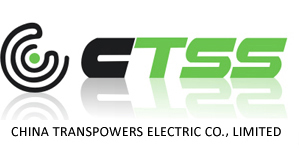Home >> News Center
ABB helps European cities convert waste to energy and cut emissions
2015-8-5
The waste-to-energy industry, where electricity and heat are derived from household and commercial waste, is a growing market. On the one hand, rising populations and urbanization are leading to more waste, while on the other landfill options are diminishing. Between 1990 and 2010, worldwide municipal solid waste volume increased from 700 million tons to 1.3 billion tons and is set to reach 2.2 billion tons by 2025. Using the waste-to-energy process, one ton of municipal solid waste could supply up to 800 kilowatt hours (kWh) of electricity.
The Severnside facility will treat up to 400,000 metric tons of municipal solid waste a year, with an installed electrical capacity of 37 megawatts (MW), enough to power 50,000 UK homes. The Poznan plant has a capacity of 18 MW derived from 210,000 metric tons of waste that would otherwise be buried in landfills. Both plants are expected to start operation in 2016.
ABB has supplied electrical and automation solutions for hundreds of waste-to-energy plants worldwide. These solutions enable some of the world’s largest cities including Berlin, London, Vienna and Singapore as well as small and mid-sized municipalities, to efficiently, cost-effectively and safely generate renewable energy from waste


 Hydro Turbine Generator Units
Hydro Turbine Generator Units
